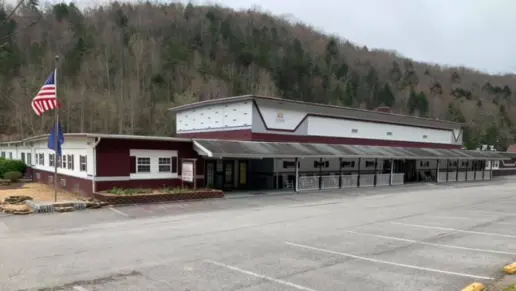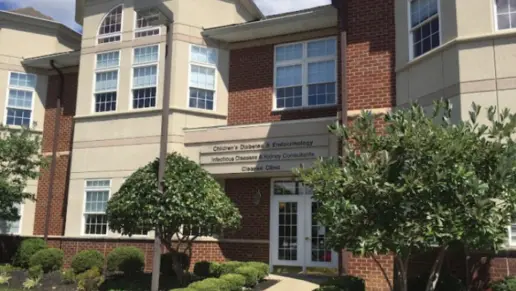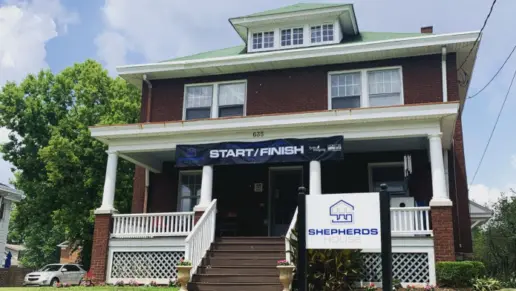This place saved my life. It is peer driven and they help you relearn how to live and love yourself again! I could never stop saying how grateful I am to this program and the people in it...
About Liberty Place Recovery Center for Women
Liberty Place Recovery Center for Women offers halfway house services for women recovering from alcohol and/or substance addiction. The program includes individual counseling, group therapy, family support and more. Liberty Place Recovery Center for Women is located at Richmond, Kentucky.
Liberty Place Recovery Center for Women is a long-term substance abuse recovery program for women. This program provides services for women recovering from drug and alcohol addiction. This 108-bed residential substance abuse facility is centrally located on Lake Street in Richmond. Liberty Place works to restore opportunities to thousands of women by preparing them to lead sober, stable and productive lives. Services provided are free of charge to clients.
This project is a joint effort by the Kentucky Housing Corporation, the Governor’s Office for Local Development, the Department of Corrections, and the FHLBank of Cincinnati to build housing recovery centers across the state.
Liberty Place meets the needs of women in KY’s 6th Congressional District (Anderson, Bourbon, Boyle, Clark, Estill, Fayette, Franklin, Garrard, Jessamine, Lincoln, Madison, Mercer, Montgomery, Powell, Scott and Woodford counties).
As a transitional supportive housing development, Liberty Place uses a recovery program model that includes peer support, daily living skills training, job responsibilities and challenges to practice sober living. This type of supportive housing and recovery program is proven to help people who face the most complex challenges to live more stable, productive lives. It has been demonstrated successfully by The Hope Center in Lexington and The Healing Place in Louisville.
Facility Overview
Rehab Score
Gallery
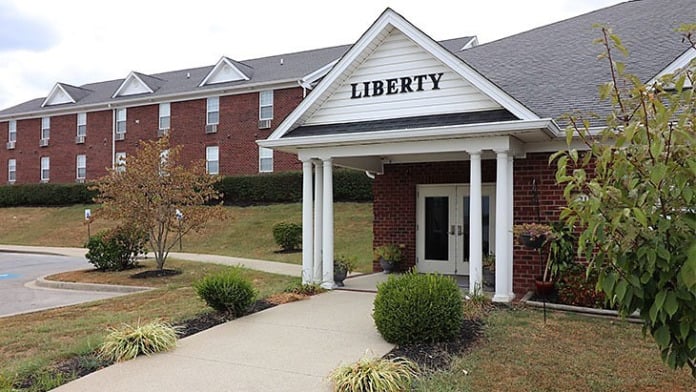
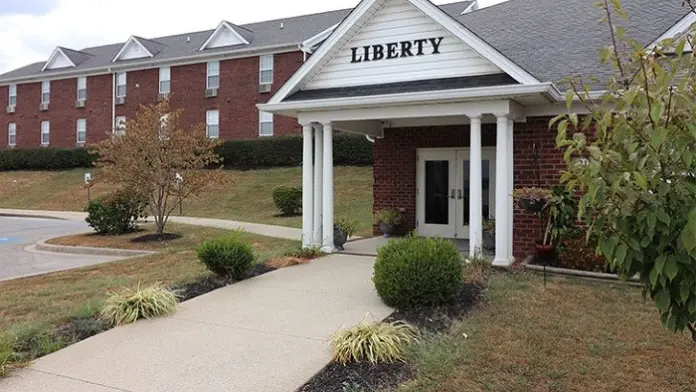
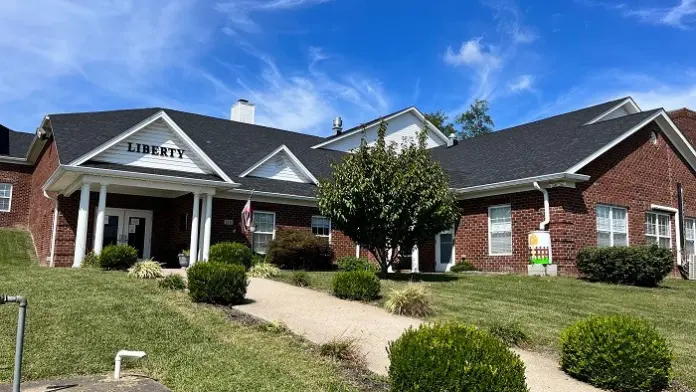
Location
Other Forms of Payment
Financial aid can take many forms. Centers may have grants or scholarships available to clients who meet eligibility requirements. Programs that receive SAMHSA grants may have financial aid available for those who need treatment as well. Grants and scholarships can help you pai for treatment without having to repay.
Addiction Treatments
Levels of Care
Treatments
The goal of treatment for alcoholism is abstinence. Those with poor social support, poor motivation, or psychiatric disorders tend to relapse within a few years of treatment. For these people, success is measured by longer periods of abstinence, reduced use of alcohol, better health, and improved social functioning. Recovery and Maintenance are usually based on 12 step programs and AA meetings.
Drug rehab in Kentucky often starts with detox, then includes inpatient or outpatient treatment, and continues with aftercare support. Specific methods used during each of these phases varies, but often include individual and group counseling, medication, and recreational therapies.
Opioid rehabs specialize in supporting those recovering from opioid addiction. They treat those suffering from addiction to illegal opioids like heroin, as well as prescription drugs like oxycodone. These centers typically combine both physical as well as mental and emotional support to help stop addiction. Physical support often includes medical detox and subsequent medical support (including medication), and mental support includes in-depth therapy to address the underlying causes of addiction.
Substance rehabs focus on helping individuals recover from substance abuse, including alcohol and drug addiction (both illegal and prescription drugs). They often include the opportunity to engage in both individual as well as group therapy.
Programs



Clinical Services
Group therapy is any therapeutic work that happens in a group (not one-on-one). There are a number of different group therapy modalities, including support groups, experiential therapy, psycho-education, and more. Group therapy involves treatment as well as processing interaction between group members.
In individual therapy, a patient meets one-on-one with a trained psychologist or counselor. Therapy is a pivotal part of effective substance abuse treatment, as it often covers root causes of addiction, including challenges faced by the patient in their social, family, and work/school life.
Life skills trainings involve all the skills a person must have in order to function successfully in the world. These include time management, career guidance, money management, and effective communication. Truly successful addiction recovery is based on the ability to not only live substance-free, but to thrive. Life skills teaches the practical necessities of functioning in society, which sets clients up for success in life, and therefore sobriety.
Recreational therapy (aka therapeutic recreation) uses creative and fun activities to help with addiction recovery. Recreational therapists lead patients in entertaining and engaging activities like sports or games; art (drawing, painting, sculpture); drama, music, and dance; and/or community outings (field trips) to improve patients' physical, social, and emotional well-being.
Amenities
-
Residential Setting
Staff
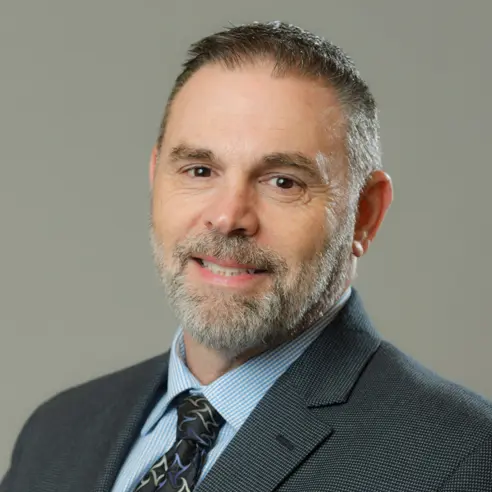
Executive Director & CEO
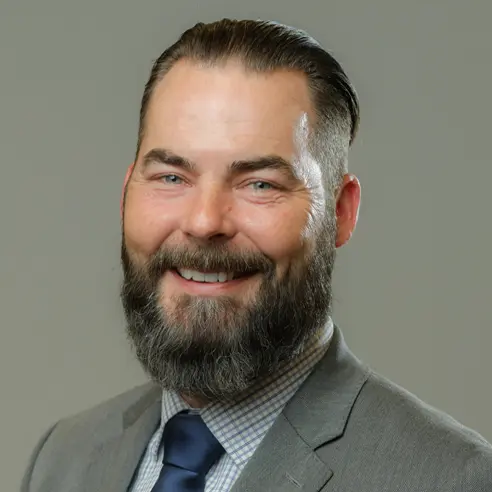
Deputy Director
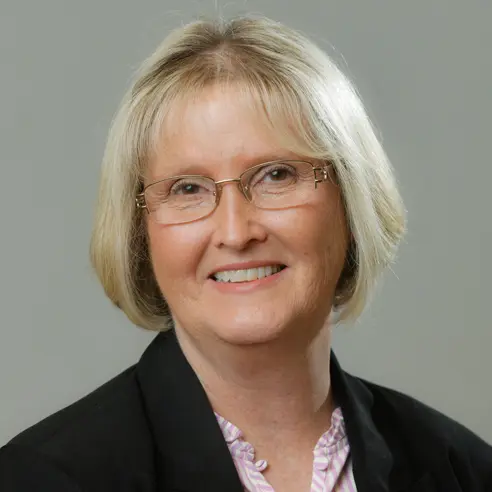
Chief Personnel Officer & Human Resources Director

Human Resource & Risk Management Specialist
Contact Information
218 Lake Street
Richmond, KY 40475
